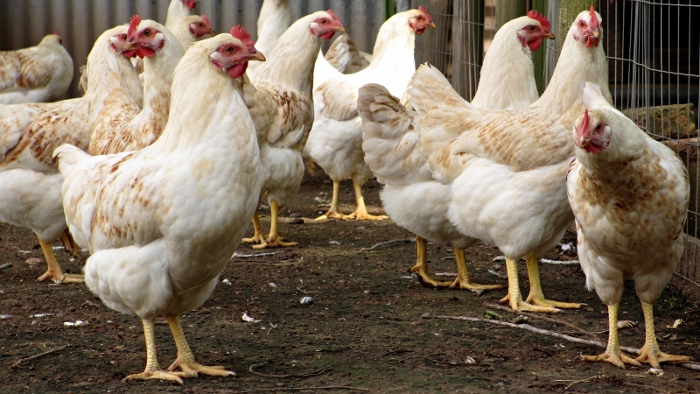Namibia has suspended imports of live poultry, birds and poultry products from South Africa following the spread of the highly pathogenic avian influenza (HPAI) in the neighbouring country. The suspension is in effect until further notice, the agriculture ministry said in a statement.
South Africa is facing a major bird flu outbreak that poultry producer, Quantum Foods, said killed about two million chickens. Another South African poultry producer, Astral Foods, said the total cost associated with the outbreak amounted to about R22 million. Namibia consumes an estimated 2,500 tons of chicken every month, relying on imports mainly from South Africa.
The precise reasons behind the rapid spread of HPAI remain unclear, but a combination of factors, including the high contagiousness of the virus, unfavourable weather conditions, and challenges in preventing the movement of infected birds, have contributed to its uncontrolled proliferation.

This has led to a distressing reality where well-planned biosecurity measures have not halted its advance, leaving the poultry industry in crisis. The severity of this crisis necessitates an urgent and decisive response. The South African Veterinary Association (SAVA) urgently calls upon the government to permit the immediate importation of HPAI vaccines targeting H7 and H5 influenza viruses. These vaccines have been registered and used effectively in other countries dealing with HPAI outbreaks.
Given the critical nature of the situation, SAVA urges that these vaccines be evaluated for emergency importation under Section 21 of Act 101, designed to address such crises promptly.
Approval from the director of Animal Health is essential and must be expedited. While these vaccines may not have been fully tested against local HPAI strains, their immediate use is vital during this severe emergency,” says Wilhelm Maré, chairman of the Poultry Group of SAVA.
The relative affordability of poultry meat makes it an important protein for millions of low-income South Africans. Furthermore, it is estimated that the industry employs over 110,000 people. Ineffective or delayed resolution of the outbreak will therefore have a direct socio-economic impact on South Africans.

In the medium to long term, a multifaceted approach is required to improve HPAI control in South Africa. Vaccination remains a crucial component of this strategy and will continue to be so in the foreseeable future. Vaccines used for longer-term management must undergo full evaluation and become registered as soon as possible. This process, however, is not agile enough to address the immediate crisis.
HPAI viruses pose potential risks to human health.
While the present HPAI strains in poultry do not pose an immediate threat to humans, continuous monitoring and genetic analysis are essential to detect any changes that may occur over time. Reducing the national virus load is a vital step in lowering the risk of human infections, and effective vaccines can play a pivotal role in achieving this.
The South African poultry industry faces a dual challenge – safeguarding human and animal health while securing the sector’s survival. Urgent and decisive action is imperative. Failure to act decisively will keep the virus a threat to both human and animal health and endanger the survival of the South African poultry sector.
Source:
https://www.bizcommunity.com/Article/196/700/242332.html#more
https://www.bizcommunity.africa/Article/410/742/242280.html#more









